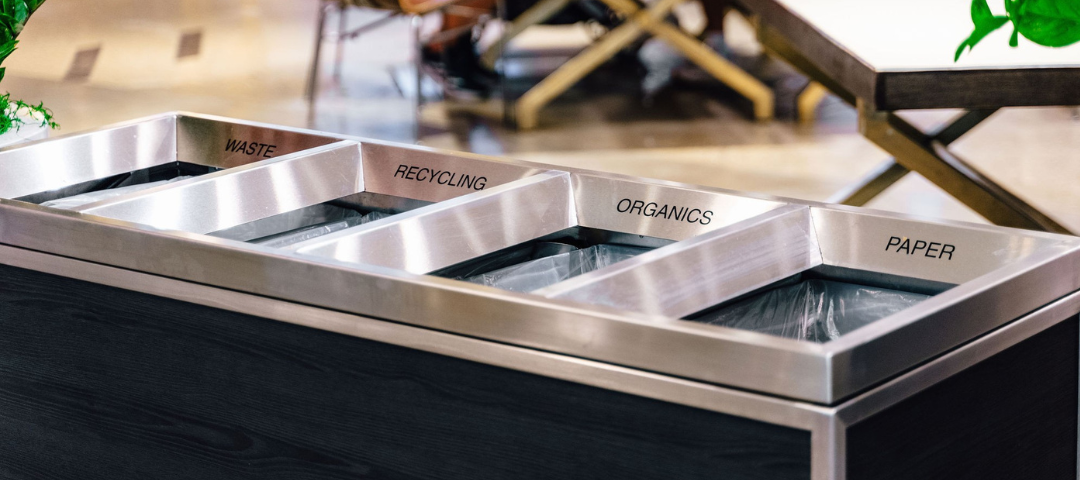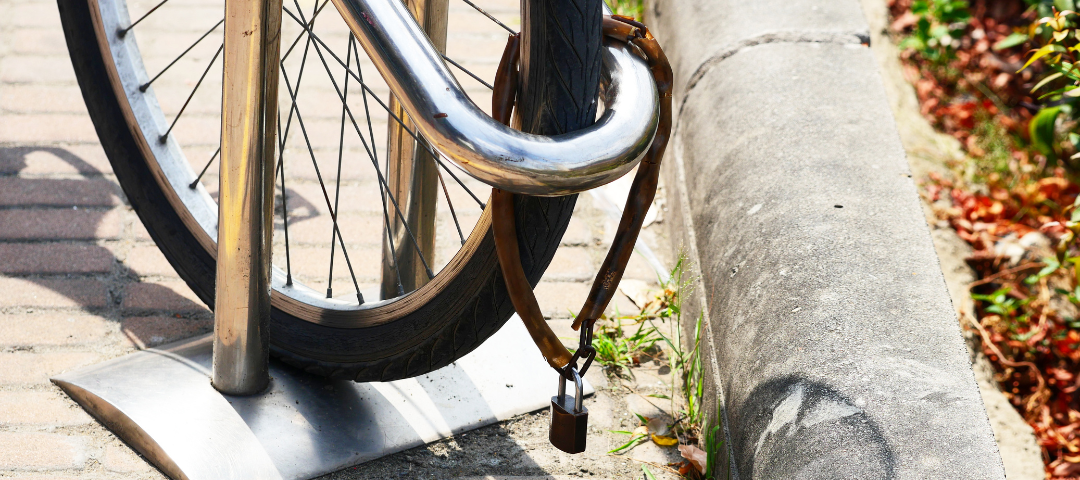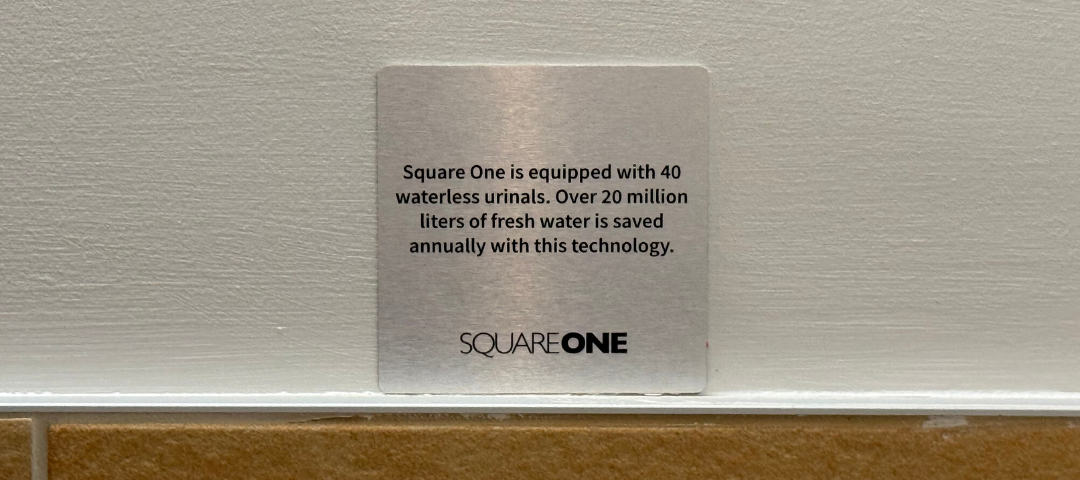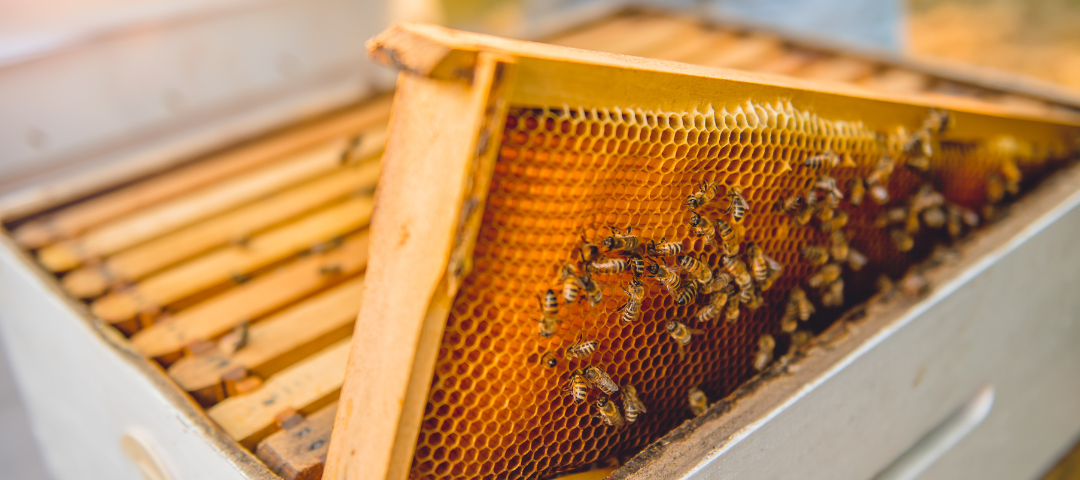Homepage Leaderboard
Sustainability
Square One is committed to sustainability and proud of the following green initiatives:
Recycling
Square One is equipped with 10 compactors where cardboard, paper, bottles, cans, and plastics are recycled. Additionally, Square One has expanded to 4-stream garbage bins, diverting organics, paper, waste and recycling.
In 2024, Square One recycled 2,002m tons from landfill (1).

Bicycle Parking Stations
Bicycle stands are located at the following entrances: 1, 3, 7, 8 and The Food District. Additional bicycle stands can be found at the P1 parking deck, near Simons, Whole Foods and Crate & Barrel.

Solar Panels
At Square One, sustainability isn’t just a goal—it’s a commitment. We’re proud to feature a rooftop solar panel installation of over 2,200 solar panels spread across 152,000 square feet.
Supported by 24 high-efficiency inverters, this powerful system helps supply clean, renewable energy to our centre—cutting down on emissions and making every visit to Square One a little greener.

Water Management
Square One is equipped with 39 waterless urinals. Based on our water audit from 2019 to 2025, over 19.25 million liters of fresh water has been saved annually by using this technology.
Our shopping centre has installed water-efficient fixtures on approximately 150 faucets. Based on manufacturer specifications and our typical visitor traffic, these fixtures are designed to use up to 70% less water than conventional faucets. We estimate this could help conserve up to 1.8 million liters of water annually compared to standard fixtures.

Rooftop Beehives
Square One is home to one beehive from urban beekeeping company, Alvéole, that will live on the rooftop to support and help grow the bee population. These bees forage locally, helping to pollinate flowers and plants in nearby gardens and green spaces. The honey produced is harvested and shared with the community as part of our educational programming.


